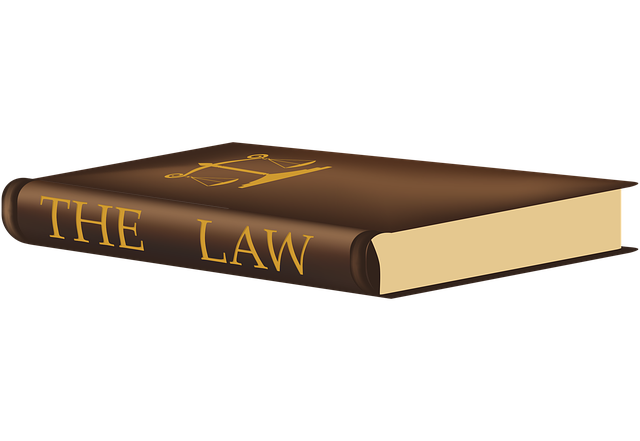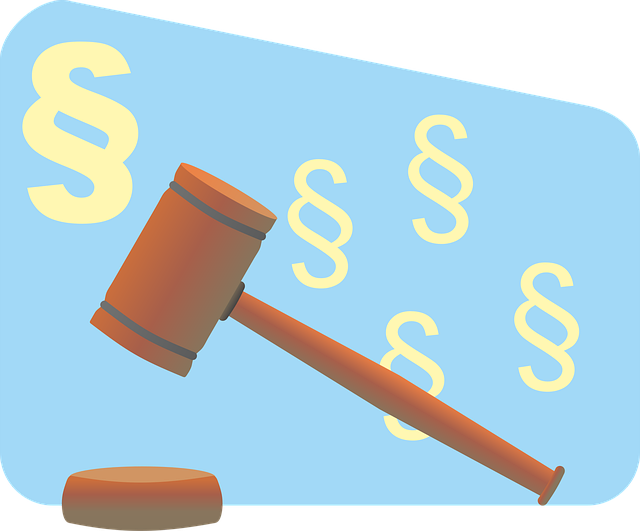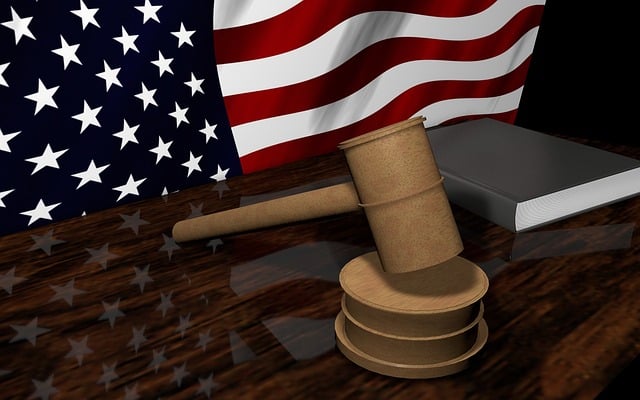Whistleblower protection laws are crucial in civil law breach of contract cases, shielding individuals who expose corporate misconduct while providing legal recourse for retaliation. Notable examples, like financial institution employees reporting accounting irregularities and government officials exposing corruption, highlight the positive outcomes these laws bring to foster transparency and justice. Understanding these protections, evidence requirements, and jurisdictional variations is essential for navigating successful breach of contract cases involving whistleblowers.
“Uncovering wrongdoings within organizations often rests on whistleblowers, individuals who risk their careers to expose illegal or unethical practices. This article delves into the crucial aspect of legal protection for these vigilantes through whistleblower protection lawsuits. We explore key concepts, including an understanding of whistleblower laws and how they safeguard informants from retaliation. Furthermore, we analyze common breach of contract scenarios that often underpin these cases, providing real-world examples in civil law. Case studies of high-profile suits offer valuable insights into navigating complex legal strategies.”
- Understanding Whistleblower Protection Laws
- Common Breach of Contract Scenarios in Whistleblower Cases
- Case Studies: High-Profile Whistleblower Suits
- Navigating Legal Strategies for Whistleblower Protection Claims
Understanding Whistleblower Protection Laws

Whistleblower protection laws are designed to safeguard individuals who expose illegal or unethical activities within their organizations. These laws recognize the significant role whistleblowers play in promoting transparency and accountability, often at personal risk. Understanding these protections is crucial, especially for those involved in complex legal matters like breach of contract cases.
In civil law, breach of contract examples can involve employees or insiders who uncover corporate misconduct and choose to come forward. This decision may lead to unique challenges, as whistleblowers must navigate the legal system while protecting their identities and employment status. The all-stages investigative and enforcement process involves careful documentation, evidence collection, and strategic communication. An unprecedented track record of successful whistleblower protection lawsuits demonstrates the growing strength of these laws, benefiting both corporate and individual clients who seek to uphold justice and enforce ethical standards.
Common Breach of Contract Scenarios in Whistleblower Cases

In whistleblower protection lawsuits, breaches of contract are a common scenario where employees allege their employers violated the terms set forth in confidentiality agreements or employment contracts. These cases often arise when an employee discovers illegal activities within their respective business and decides to come forward with evidence. For instance, an employee might uncover financial fraud and, upon reporting it, face retaliation from management, leading to a breach of contract. Another scenario could involve a non-disclosure agreement (NDA), where the whistleblower provides sensitive information to authorities or media outlets, resulting in a lawsuit for breaching the NDA’s terms.
Breach of contract cases in civil law related to whistleblowers can have far-reaching consequences. If successful, whistleblowers may secure complete dismissal of all charges against them and even receive substantial monetary compensation. This is particularly notable given the unprecedented track record of such lawsuits, where many organizations have been held accountable for their actions and the protection of those who expose unethical or illegal practices.
Case Studies: High-Profile Whistleblower Suits

Whistleblower protection lawsuits have seen several high-profile cases that highlight the importance of these laws in safeguarding individuals who expose corporate and government misconduct. One notable example is a breach of contract case where an employee at a major financial institution was terminated after raising concerns about accounting irregularities. The employee filed a lawsuit, arguing that their employer had violated whistleblower protection laws by retaliating against them for reporting potential fraud. This case attracted significant media attention and resulted in a settlement that included complete dismissal of all charges against the whistleblower.
Another compelling instance involves a government official who blew the whistle on corruption within their department. Facing intense pressure to recant, the whistleblower persevered despite threats and harassment. Their legal action led to a comprehensive investigation into white-collar and economic crimes, ultimately leading to significant reforms and enhanced oversight mechanisms across the country. These case studies underscore the profound impact of whistleblower protection laws in promoting transparency, accountability, and justice.
Navigating Legal Strategies for Whistleblower Protection Claims

Navigating legal strategies for whistleblower protection claims involves a deep understanding of both civil and criminal laws. In breach of contract cases, for instance, whistleblowers must demonstrate that their employer violated an existing agreement or policy, often tied to confidentiality or non-disclosure agreements. For example, if a company’s policy explicitly prohibits the disclosure of sensitive information without prior approval, and a whistleblower exposes such practices, they may have a strong case based on contract law.
Successful legal arguments in these high-stakes cases often hinge on compelling evidence and persuasive narratives. Whistleblower protection laws vary by jurisdiction, but many civil law systems recognize the importance of these protections, aiming to balance the interests of individual whistleblowers against those of their employers. Winning challenging defense verdicts in such cases requires a strategic approach that combines legal expertise with an understanding of the unique dynamics at play in general criminal defense. This includes presenting a strong case for public interest, ensuring adherence to procedural rules, and demonstrating harm caused by the breach.
Whistleblower protection lawsuits are a critical component of ensuring corporate accountability and upholding ethical standards. By understanding whistleblower protection laws, recognizing common breach of contract scenarios, and employing strategic legal approaches, individuals can effectively navigate complex civil law cases. High-profile case studies demonstrate the power of these protections in holding organizations accountable for their actions. As whistleblowers continue to play a vital role in exposing corporate wrongdoings, a solid grasp of these legal principles becomes indispensable for both advocates and those seeking justice.






